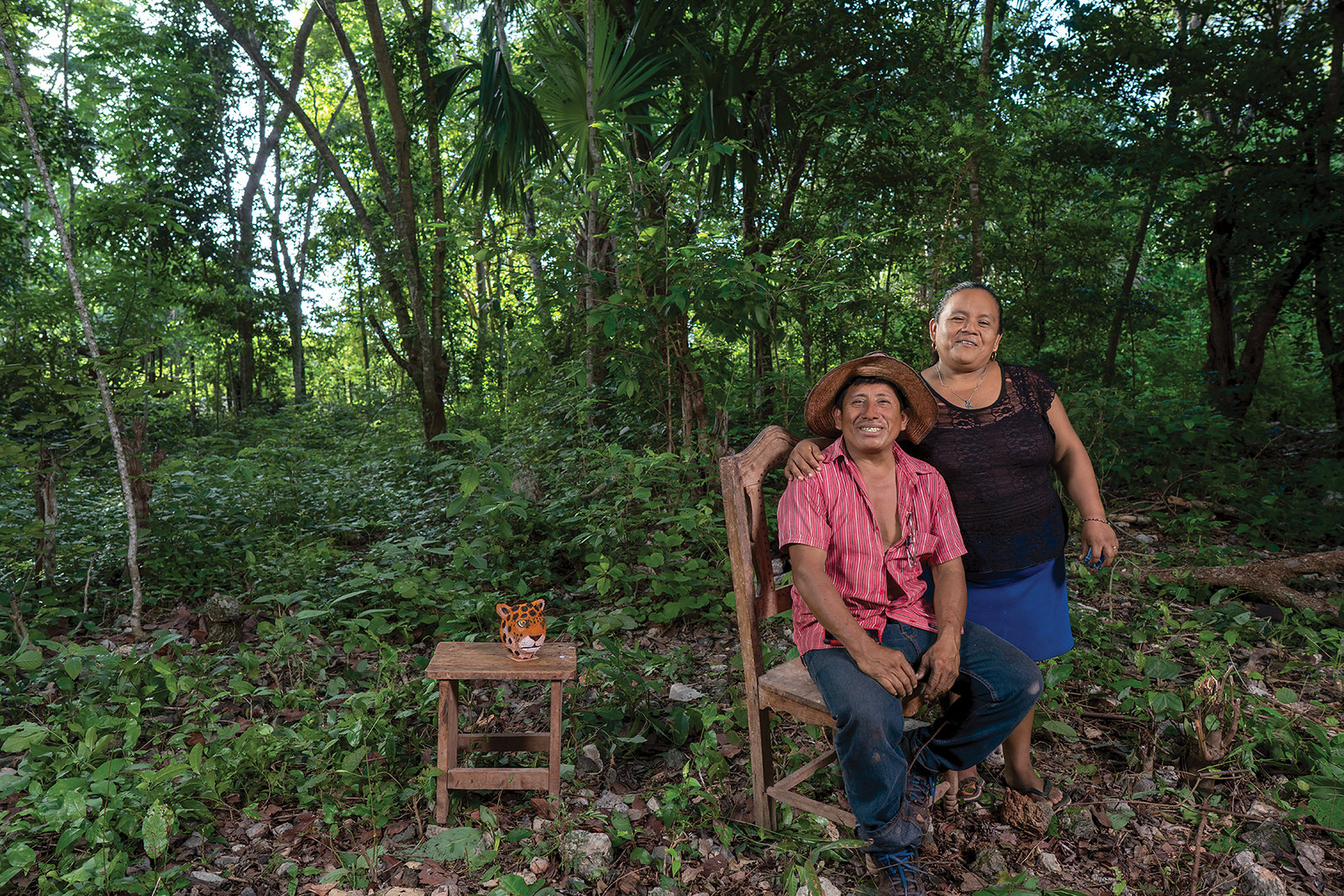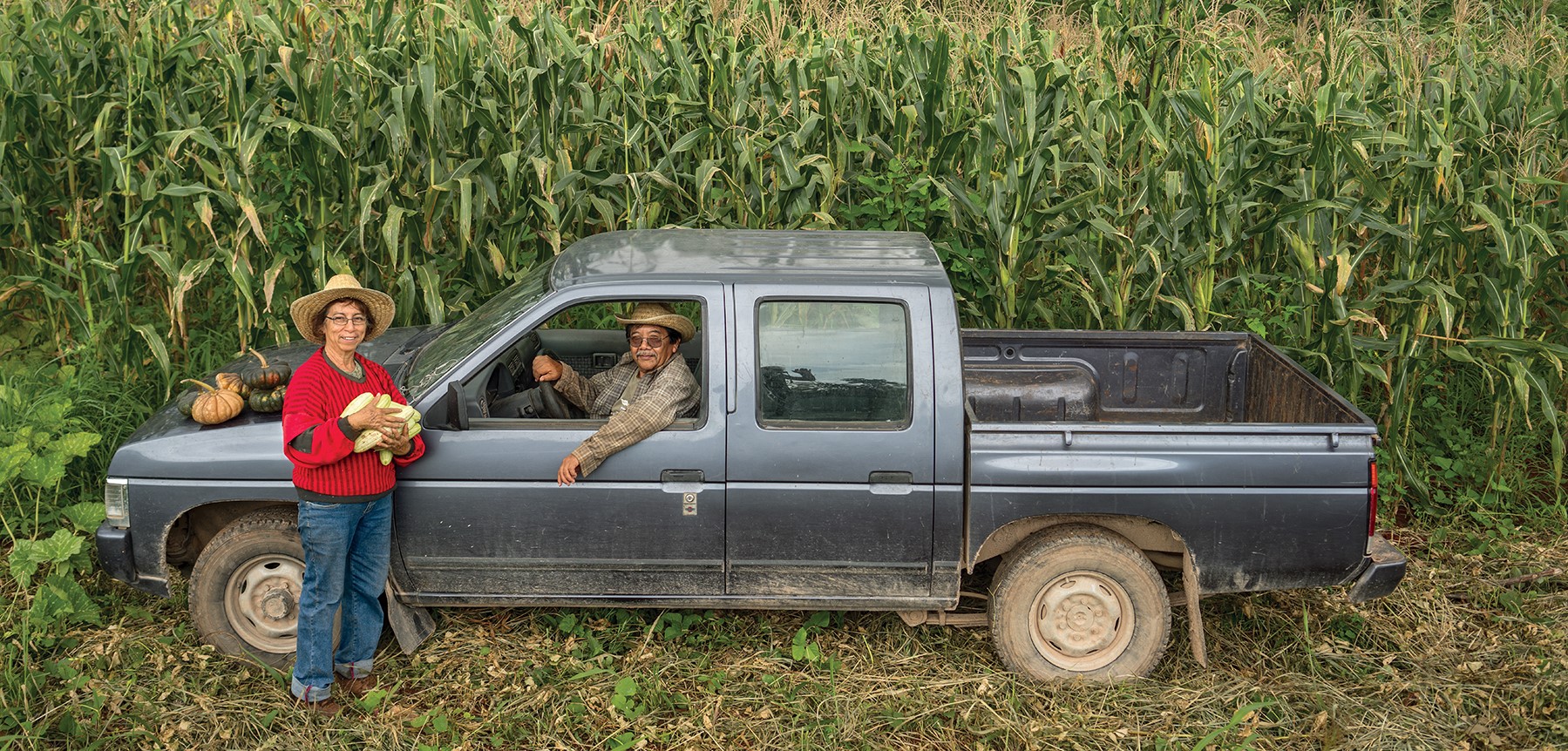MasAgro Biodiversidad (Biodiversity), a component of CIMMYT’s MasAgro project, studies and characterizes maize and wheat genetic diversity for use in breeding programs, which develop wheat varieties and maize hybrids improved through conventional technologies. These hybrids are better adapted to climate change, more resistant to pests and diseases and have higher yield potential.
In 2015, MasAgro Biodiversity’s main results were:
- MasAgro Biodiversity began a comprehensive study of maize genetic diversity by obtaining, processing and analyzing the world’s largest genotypic data set to help scientists identify new genes of interest for maize breeding programs.
- More than 2 billion genotypic data and more than 870,000 phenotypic data of maize field trails have been processed and uploaded to MasAgro Biodiversity’s database and repository making them available to the scientific community via the project website.
- A high level of Tar Spot resistance was confirmed in maize landraces native to the state of Oaxaca in Mexico and Guatemala, which will be used to breed new resistant maize lines.
To order seeds from CIMMYT, please fill a seed request.
OBJECTIVES
- To explore in depth the original genetic composition of maize and wheat through the analysis of hundreds of thousands of seeds stored in gene banks in Mexico.
- To make available to the national and international scientific community information on key agronomic characteristics such as tolerance to heat and drought, or resistance to important pests.
- To offer a genetic analysis service that taps on the best features of maize and wheat through conventional improvement programs for both grains.
- To contribute to long term food security in Mexico and the rest of the world, despite the impact of climate change and the scarcity of natural resources such as water, nutrients and oil.


 Climate adaptation and mitigation
Climate adaptation and mitigation